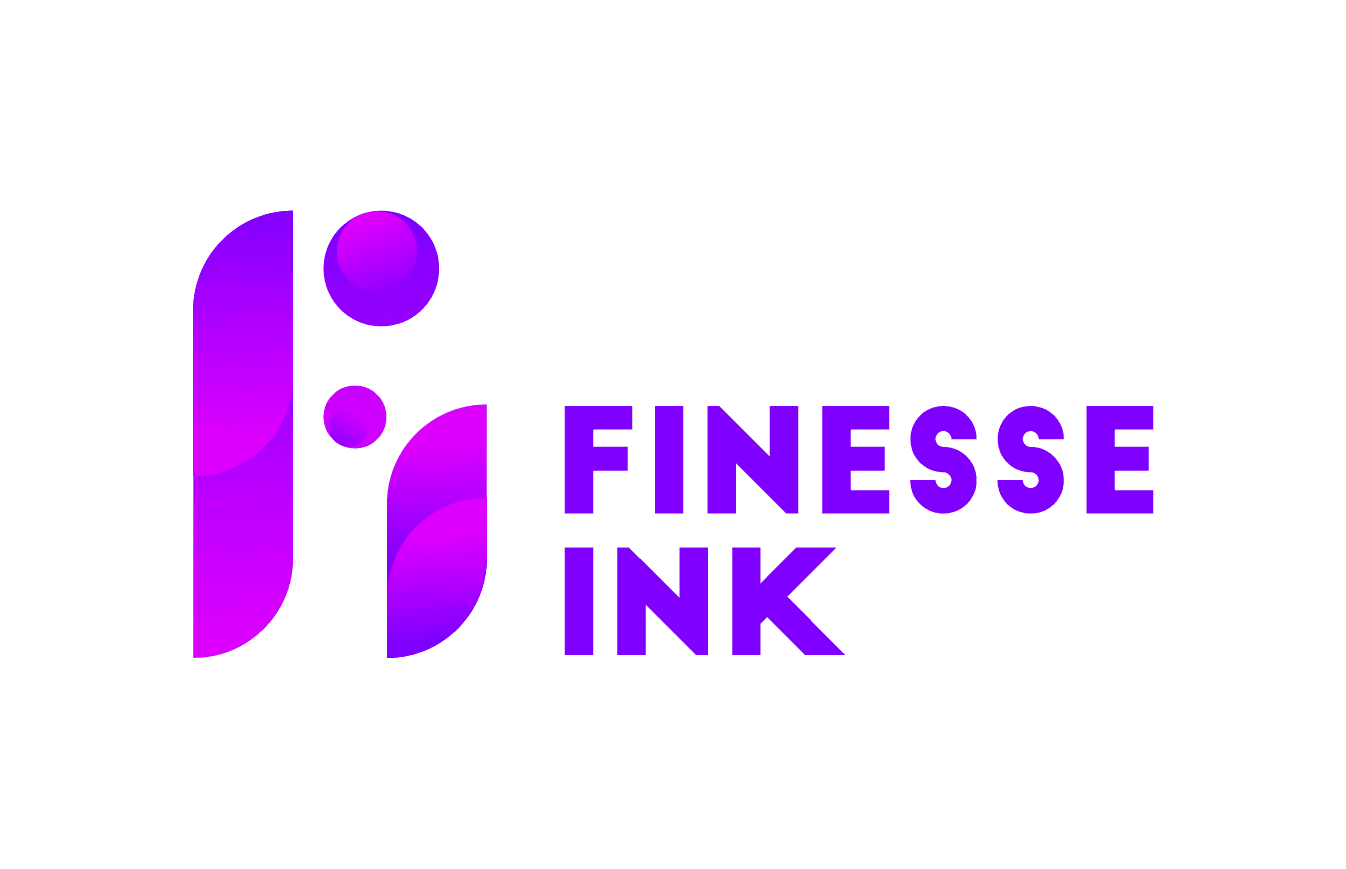As ecommerce continues to grow and evolve rapidly, businesses need to stay informed about the best platforms and services available to build successful online stores. From choosing the right ecommerce platform to understanding fulfillment and SEO strategies, this guide provides a comprehensive overview for 2025.
Understanding Ecommerce Platforms: Why Choice Matters
An ecommerce platform is the software that powers your online store. It governs product management, customer experience, payment processing, and integrations with marketing and fulfillment services. The platform you select impacts scalability, security, and SEO performance, making it vital to choose carefully.
Leading Ecommerce Platforms in 2025
Shopify Ecommerce Platform
Shopify is one of the most popular SaaS ecommerce platforms due to its ease of use, extensive app ecosystem, and built-in SEO tools. It caters to businesses ranging from startups to large enterprises. Shopify’s ecommerce inventory management and fulfillment integrations make order processing streamlined.
For detailed insights on ecommerce website success factors, you can explore Ecommerce Website Success Tips.
Magento Ecommerce Platform
Magento (Adobe Commerce) is a flexible open-source platform preferred by enterprises requiring advanced customization and complex product catalogs. Its ability to integrate with ERP systems and support headless ecommerce CMS architectures makes it powerful but requires technical expertise.
Learn more about development cost considerations in SEO Cost USA: Agency, Specialist, Pricing 2025.
WooCommerce (WordPress Ecommerce)
WooCommerce is a popular plugin that turns WordPress sites into ecommerce stores. It is highly customizable and a good choice for businesses already familiar with WordPress. WooCommerce’s flexibility enables integration with various payment gateways and marketing tools.
Understanding website design investment is crucial; check out Website Design Cost Small Business for practical guidance.
Other Platforms: BigCommerce, Wix Ecommerce, and Headless CMS
Platforms like BigCommerce offer scalable SaaS options with multi-channel selling capabilities. Wix Ecommerce suits smaller businesses looking for simple setups. Headless ecommerce CMS is an emerging trend, separating backend content management from frontend presentation for greater flexibility and speed.
The blog Best Ecommerce Platforms No Transaction Fees further discusses platform cost considerations.
Essential Ecommerce Services Beyond the Platform
Ecommerce Fulfillment and Inventory Management
Efficient order fulfillment is critical to customer satisfaction. Many businesses use third-party logistics (3PL) providers, integrating their services with ecommerce platforms for real-time inventory tracking and smooth shipping.
For more on logistics and fulfillment, understanding ecommerce PPC services and marketing can complement sales growth. Refer to PPC vs SEO: Best Strategy 2025 to balance paid and organic traffic.
Ecommerce SEO and Digital Marketing
SEO is fundamental to driving organic traffic. Ecommerce SEO involves optimizing product pages, site architecture, and technical elements to rank higher on search engines. Complementary strategies include social media marketing, influencer partnerships, and PPC ads.
For actionable tips, see Essential SEO Tips for Small Businesses USA and Digital Marketing Strategy Tracks Users.
Website Design and User Experience
An intuitive, fast-loading, and mobile-responsive ecommerce website encourages purchases and repeat visits. Features like optimized site search and personalized recommendations improve user engagement.
Explore detailed comparisons of design approaches in Best Website Design Company vs Website Builders and Website Popularity Factors.
Emerging Ecommerce Trends in 2025
Augmented Reality (AR) in Ecommerce: AR enhances product visualization, reducing returns and improving buyer confidence.
Livestream Commerce: Interactive live video shopping events boost customer engagement.
Headless Ecommerce: Decoupled CMS architecture improves site speed and flexibility.
Global Ecommerce Expansion: Cross-border platforms like Amazon and Alibaba enable access to international markets.
Advanced Analytics: Using tools like Google Analytics for ecommerce is essential for monitoring sales funnels and customer behavior.
The blog AI Code Assistants & App Development 2025 highlights how AI and emerging tech are shaping ecommerce development.
The choice of ecommerce platform and complementary services like fulfillment, SEO, and marketing have a significant impact on business success in 2025. Each platform—from Shopify to Magento and WooCommerce—has unique advantages depending on your business size, technical needs, and budget.
Keeping pace with emerging technologies and marketing trends will also help ecommerce businesses stay competitive.
For more information on ecommerce strategies and website optimization, you can explore Finesseink’s blog resources linked throughout this guide.
Ready to Learn More?
If you're considering building or upgrading your ecommerce store and want to discuss your options, you can reach out anytime via Finesseink’s contact page.






